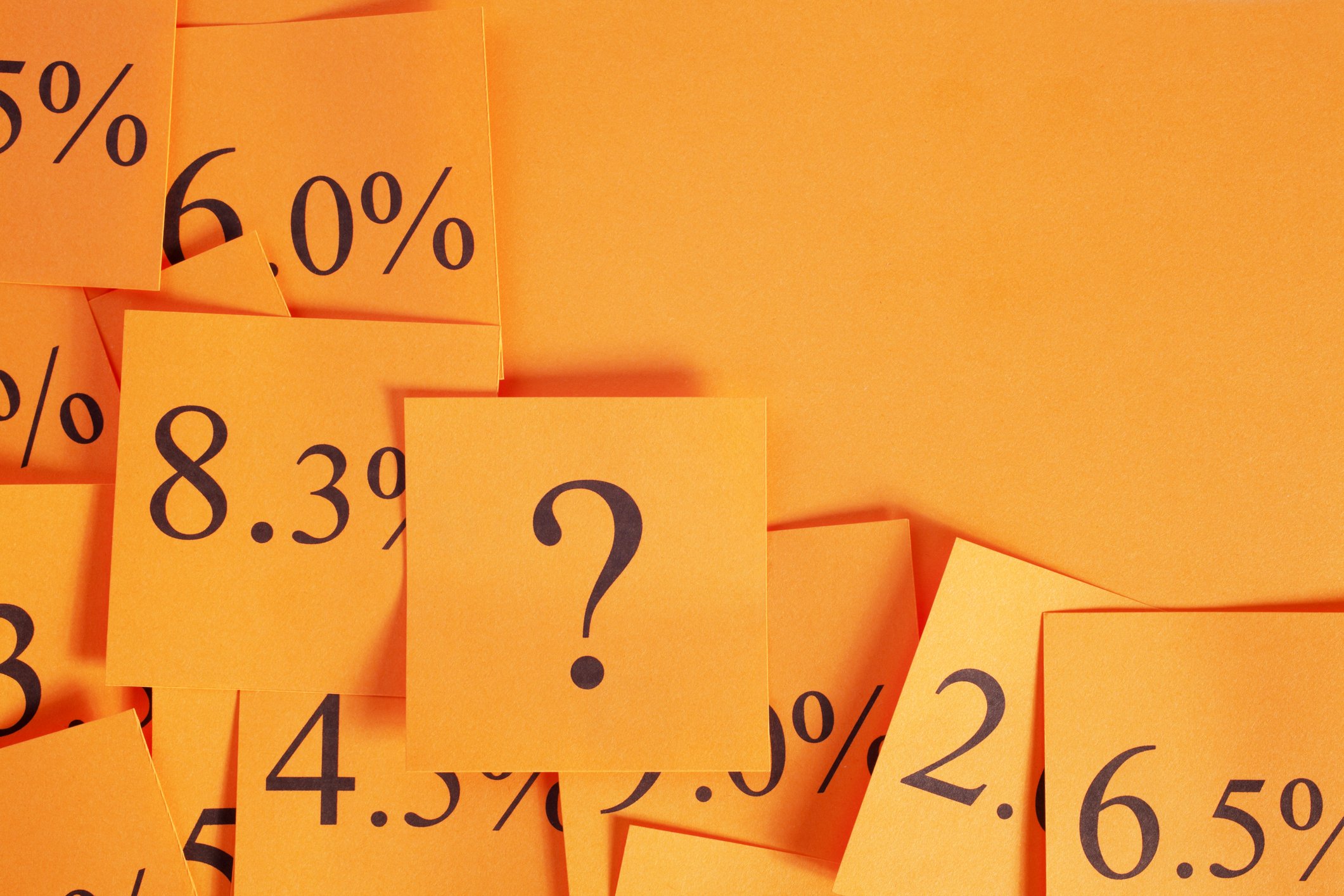How Minimum Payments Trap You in Credit Card Debt
Got a credit card bill and noticed that tiny number at the bottom called the “minimum payment”? It might seem like a get-out-of-jail-free card: “Just pay this small amount and I’m good!” Right?
Not exactly.
While minimum payments can keep you from getting hit with late fees, they come with a hidden catch—they can keep you in debt for years. If you're a teen starting out with credit, it's super important to understand how this works now, before it becomes a long-term money trap.
Let’s break it down in simple terms—no financial jargon, just facts you need to know.
What Is A Minimum Payment
Your minimum payment is the smallest amount you can pay on your credit card bill each month to stay in good standing with your credit card company. It’s usually:
A small percentage of your balance (like 2%–5%)
Or a flat fee (whichever is higher)
Example:
If you owe £500, your minimum payment might be around £15 to £25.
That sounds doable—but here’s the twist: the rest of the balance still sits there collecting interest.
Why It’s A Trap
1. Interest Keeps Growing
When you only pay the minimum, you’re mostly covering the interest, not the actual debt. That means your balance barely shrinks—even though you’re paying each month.
You could end up paying double or even triple the original amount by the time it’s fully paid off.
2. It Takes Forever to Pay Off
Let’s say you owe £500 and your APR (interest rate) is 20%. If you only pay the minimum each month (let’s say £15), it could take you over 4 years to pay it off—and you’d pay over £200 in interest!
And that’s without adding any new purchases.
3. You Stay in the Debt Cycle
Minimum payments can make you feel like you’re doing the right thing—because you’re "not late." But really, you’re stuck. You keep making small payments while your debt hardly changes.
It’s like running on a treadmill: lots of effort, no real progress.
The Psychological Trap
Credit card companies love it when you only pay the minimum. Why? Because they make money off the interest.
And for you, it feels less painful to part with £15 than the full balance. That’s what makes it so dangerous—it feels affordable while keeping you in debt.
What You Should Do Instead
1. Always Try to Pay More Than the Minimum
Even £10 or £20 extra each month can help you pay off your debt faster and save loads in interest.
2. Pay Your Full Balance (If You Can)
This is the best-case scenario—it avoids all interest charges and keeps your credit healthy.
3. Use a Budget
Planning your spending means you’re less likely to overspend—and more likely to have money left to pay your card off.
4. Avoid Carrying a Balance
Treat your credit card like a debit card: only spend what you can pay back. That way, the minimum payment won’t even matter.
Final Thought
Credit cards can be useful tools when used responsibly. But only making the minimum payment is like putting a bandage on a broken bone—it doesn’t fix the problem.
The more you understand about how credit works, the more power you have over your money—not the other way around.
Don’t let minimum payments trick you into long-term debt. Spend smart, pay more than the minimum, and keep your future financially free.
If you use it responsibly, a student credit card could help you manage your money while you’re at college or university. It’s also a way to start building up a good credit score. Read our guide on what you need to know before you apply.










